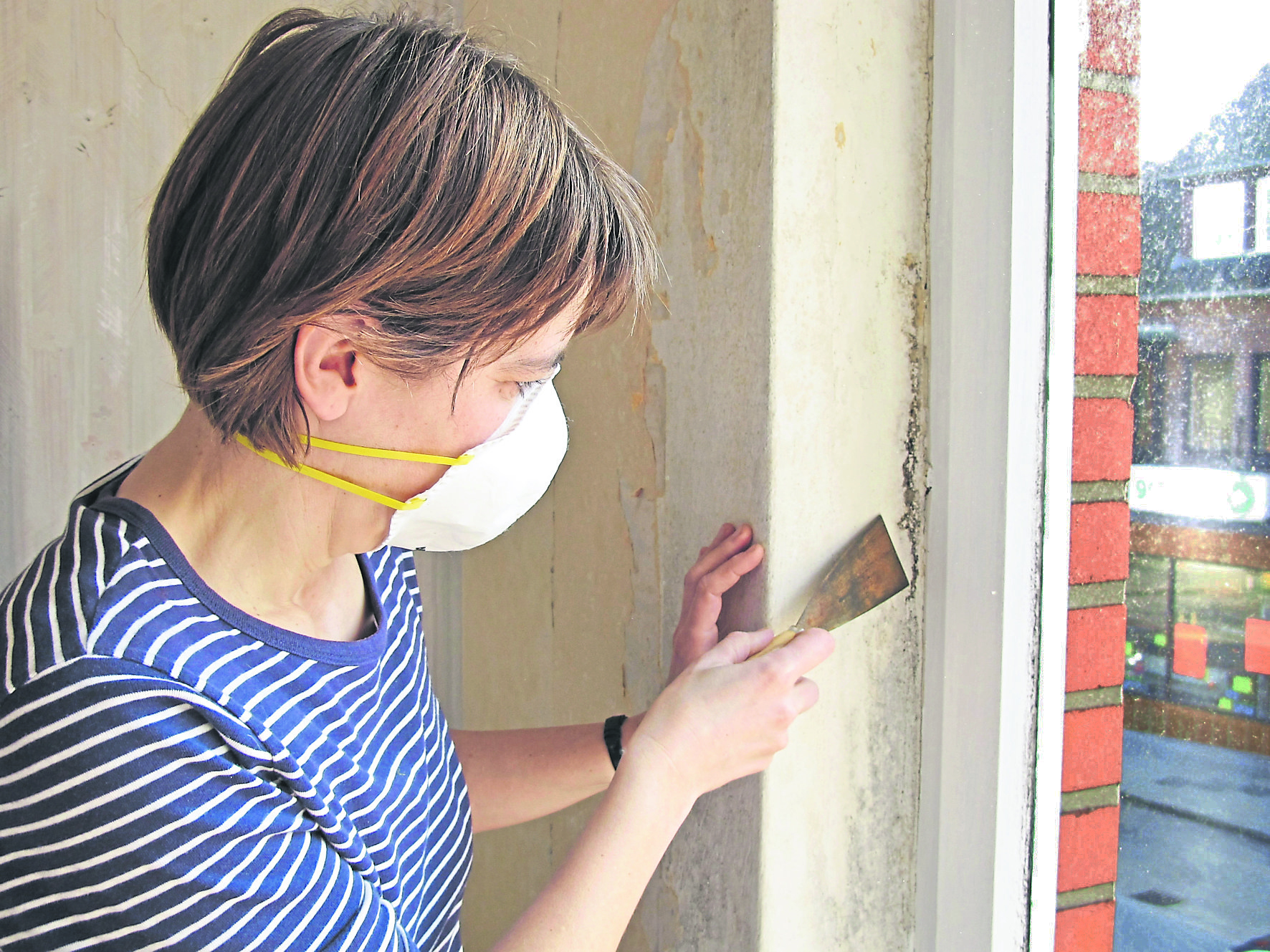Kingston University has warned students about the need to be wary when renting privately after a recent study revealed that private landlords are taking £5.6bn in rent on homes that “don’t meet legal standards”.
The study conducted by the Citizens Advice Bureau found that about 740,000 families in the English private rent sector are living in homes that present a threat to the occupants’ health.
While many Kingston students live in halls of residence in their first year at university, most move to private rented accommodation in their second and third years.
A Kingston University spokesperson said: “If students choose to find a property through a letting agent, we advise them to ensure that the agency is a member of a professional body.
“There is also a checklist all students can use when going to view properties, that contains useful advice on what to look for, questions to ask and relevant certificates they should see, such as the Gas Safety Certificate.”
The University has urged students to go through the University’s daily vacancy list, a “free, searchable online database advertising rooms available in the local area” on My Kingston.
The spokesperson said: “Landlords whose properties are featured on the list must comply with our recommended Code of Standards, although the properties advertised are not approved by the University.
“Under the code, the properties must conform to fire and gas regulations, and landlords are expected to understand their legal obligations under the Housing Act 2004.”
Alice Lovell, a second year student at Kingston University, and her three best friends moved into a four bedroom flat in June this year.
In the first couple of days the flatmates noticed that there was dampness and mould. They tried everything to get rid of it, cleaning and washing the area, but nothing worked, so they decided to call their landlords.
Alice said: “We rang them to see if they could do anything about it. As landlords they have a duty of care to the building they own.
“They came in and looked at the damp and declared that it was our fault and they didn’t believe that we had done anything to stop it. They cleaned the mould, but we had already cleaned it before and it just came back.”
Alice is very disappointed with the flat, but because she cannot afford moving out she will stay in the flat until the contract runs out.
“Moving in here already made us pretty much broke between the agency fees, the deposits and all the other expenses. We simply can’t afford to move out.
“We will never rent from them again.”
Tenants in privately rented property have certain rights, such as to “live in a property that’s safe and in a good state of repair” and to “live in the property undisturbed”.
Three students who are in their second year at Kingston University, and who want to be anonymous, are currently privately renting a flat in Surbiton. They all complain about the flat not being in order and about the poor communication with their landlord.
One of the students said: “They’re really bad landlords. When we moved in there was mould and the house was not cleaned. There were also no locks on any of the doors.
“When we have gatherings at our house they come into the property and sometimes they even come inside the house to tell us to keep the noise down.”
Landlords are responsible for repairs to the property’s structure and exterior, basins, sinks and other sanitary fittings including pipes and drains, heating and hot water, gas appliances, pipes, flues and ventilation, electrical wiring and any damage they cause by attempting repairs.
One of the other students from the same flat complained about the landlords’ unwillingness to do repairs.
He said: “We went round to ask how to put the heating on and then the landlord started shouting that we had broken it. The heating was not broken, we never said it was broken – we just wanted to know how to turn it on.
“The landlord is very rude. We are always accused of breaking things that aren’t broken and they always claim that things are too expensive to fix.”
Tenants cannot be forced to do a repair, that is the landlord’s responsibility. However, if landlords fail to carry out or hire someone for repairs, tenants should contact the environmental health department at the local council for help.

